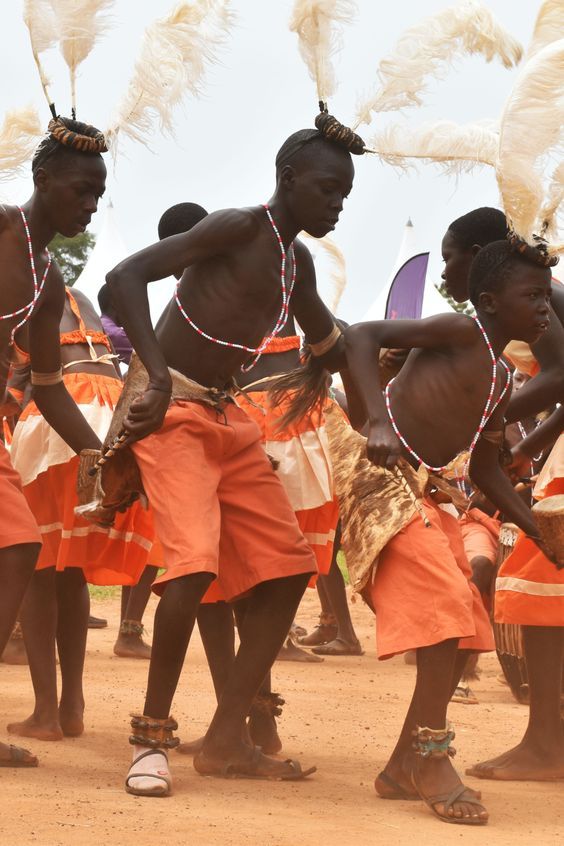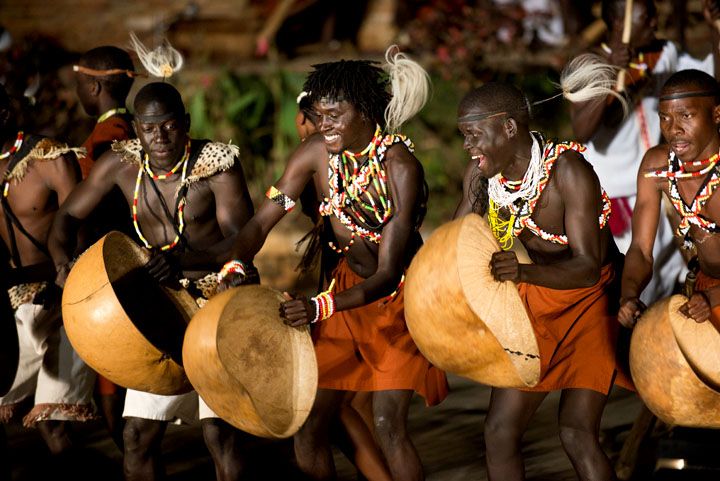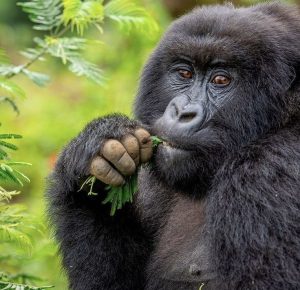Cultural Tours and Community Experiences in East Africa
Dive into the rich cultural Tours and community Experiences in East Africa. Discover how cultural tours and local experiences offer immersive, responsible, and unforgettable travel in Rwanda and Uganda. East Africa is more than just breathtaking landscapes and awe-inspiring wildlife. Beneath the surface lies a deep cultural heritage and a vibrant community spirit. In Rwanda and Uganda, cultural tours and community-based experiences offer travelers opportunities to engage meaningfully with local life—beyond the safari jeep and beyond the lens of a camera.
Whether you’re sitting around a village fire listening to oral history, learning traditional dances, or cooking meals with a host family, these interactions reveal the heart of East Africa—its people. Let’s explore how cultural tourism in this region creates genuine connections, supports sustainable development, and leaves travelers with stories worth sharing.

Why Does Cultural Immersion Matter in Travel?
Cultural immersion transforms the way we see the world. It invites travelers to move beyond sightseeing and into storytelling, participation, and empathy. In East Africa, cultural immersion offers insight into the lives, beliefs, and values of local communities.
In Rwanda and Uganda, this form of responsible tourism allows visitors to engage with daily life—joining in celebrations, learning crafts, and sharing meals. These moments build bridges between cultures and often become the most cherished memories of any trip. More importantly, they generate awareness, respect, and tangible support for the communities involved.
How Does Rwanda Celebrate Its Cultural Identity?
Known as the “Land of a Thousand Hills,” Rwanda also boasts a thousand stories—each one tied to its rich history, resilience, and evolving identity.
Iby’iwacu Cultural Village: From Poachers to Protectors
Near Volcanoes National Park, this community-led initiative provides visitors with an immersive journey into Rwandan life. Former poachers now serve as cultural ambassadors, sharing traditional songs, dances, crafts, and conservation stories. It’s a powerful example of how culture and conservation can go hand-in-hand.
Traditional Intore Dance Performances
Wearing elaborate costumes and guided by rhythmic drumming, Intore dancers bring ancient warrior traditions to life. These performances are not only entertaining but deeply symbolic, showcasing strength, pride, and historical continuity.
Homestays and Local Living
For a truly intimate experience, travelers can stay with Rwandan families. This opens the door to authentic daily routines—from farming and cooking to storytelling and community gatherings—allowing for deeper understanding and connection.
What Makes Uganda a Mosaic of Cultural Diversity?
With over 50 ethnic groups, Uganda is one of the most culturally diverse countries in Africa. This diversity is reflected in its music, cuisine, rituals, and community dynamics.
Exploring Kampala’s Cultural Landmarks
Uganda’s capital is a blend of tradition and modernity. Landmarks such as the Kasubi Tombs—a UNESCO World Heritage site—and the Ndere Cultural Centre offer vivid insights into the Baganda kingdom and Uganda’s cultural evolution.
Batwa Cultural Experiences near Bwindi
Once forest dwellers, the Batwa people now share their rich cultural legacy with visitors through guided walks, performances, and hands-on learning. Travelers gain a respectful understanding of their history, survival techniques, and spiritual worldview.
Participating in Local Festivals
Events like the Bayimba International Festival of the Arts celebrate Uganda’s creativity through music, dance, theater, and visual arts. These festivals create a vibrant space for cultural exchange and contemporary storytelling.
What Role Does Community-Based Tourism Play?
Community-Based Tourism (CBT) ensures that the benefits of tourism directly reach the local people who host it. In Rwanda and Uganda, CBT projects are designed, managed, and owned by communities, ensuring fair wages, cultural integrity, and sustainable development.
Examples of CBT Experiences Include:
- Guided Nature Walks: Local guides share ecological knowledge and traditional uses of plants.
- Craft Workshops: Visitors learn to weave baskets or mold pottery under the guidance of master artisans.
- Storytelling Nights: Elders share myths, proverbs, and oral histories passed down for generations.
These experiences help preserve cultural knowledge, promote environmental conservation, and foster pride and agency within communities.
How Does Cultural Tourism Support Conservation?
In many parts of East Africa, tourism is one of the few viable alternatives to activities that harm the environment, such as poaching or deforestation. Cultural tourism offers a more sustainable path forward.
In regions near protected areas like Bwindi Impenetrable Forest and Volcanoes National Park, cultural experiences have created livelihoods that depend on conserving, rather than exploiting, natural resources. When communities see direct benefits from tourism, they become active stewards of the land and wildlife around them.
When and Where Are the Best Cultural Experiences?
Cultural activities are available year-round, but certain times offer deeper insights through festivals or seasonal events.
Notable Cultural Events in East Africa:
- Kwita Izina (Rwanda) – A renowned gorilla naming ceremony that combines tradition with conservation.
- Imbalu Circumcision Ceremony (Uganda) – A powerful coming-of-age ritual among the Bagisu people.
- Rwanda Cultural Fashion Show – A celebration of heritage through fashion and storytelling.
The dry seasons (June to September and December to February) are ideal for combining cultural tourism with nature-based activities.
How Can Travelers Prepare for Meaningful Cultural Encounters?
- Learn Basic Local Phrases: A simple greeting in Kinyarwanda or Luganda can open doors.
- Be Respectful and Curious: Engage with sincerity, ask questions, and listen actively.
- Follow Ethical Photography Practices: Always ask before taking photos, especially during ceremonies.
- Support Local Economies: Buy directly from artisans and use community-run services.
- Travel with Purpose: Choose ethical tour operators who prioritize local voices and sustainable impact.
What Legacy Will Your Journey Leave?
Cultural tours and community experiences in Rwanda and Uganda invite you to step into the rhythm of local life. These moments offer more than just insight—they offer connection, transformation, and a shared future.
By choosing to engage deeply and travel mindfully, you help preserve cultural heritage, uplift local livelihoods, and redefine what it means to explore responsibly. In East Africa, your journey becomes part of a much larger story—one that celebrates human resilience, diversity, and unity.




